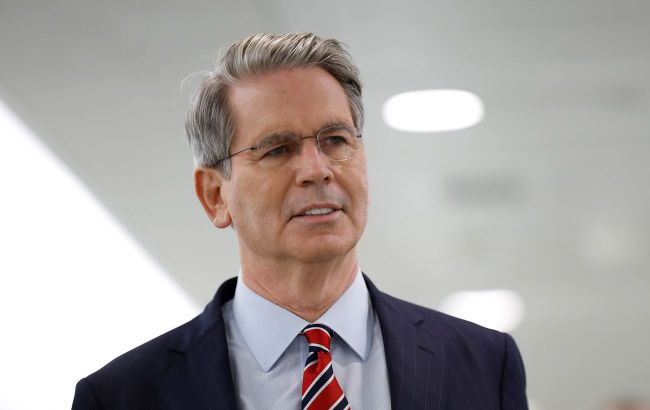US and China to resume trade war talks: Date announced
 Photo: Scott Bessent, US Treasury Secretary (Getty Images)
Photo: Scott Bessent, US Treasury Secretary (Getty Images)
Senior officials from the administration of White House President Donald Trump will meet with the Chinese side in the near future to discuss trade and economic issues, according to The New York Times (NYT).
According to the NYT, this will be the first official meeting on trade issues between the US and China after Trump raised tariffs on Chinese imports to triple digits last month.
The US side will attend the meeting:
- Scott Bessent, head of the US Department of the Treasury;
- Jamison Greer, US Trade Representative.
The talks will take place in Geneva, Switzerland. According to a spokesperson for the Chinese Ministry of Foreign Affairs, Vice Premier for Economic Policy He Lifeng will participate in the talks.
As Bessent noted on Fox News, the talks will occur on Saturday and Sunday.
An unnamed representative of the Chinese Ministry of Commerce, as noted by the NYT, said that American officials have been constantly "leaking information about adjustments to tariff measures" and passing this information to the Chinese side, hoping to "talk to China about tariffs and other issues."
"If the United States wants to resolve the issue through negotiations, it must face up to the serious negative impact of unilateral tariff measures on itself and the world, face up to international economic and trade rules, fairness and justice, and rational voices from all walks of life, show sincerity in talks, correct its wrong practices, meet China halfway and resolve the concerns of both sides through equal consultation," the representative added.
Trump's trade war
On April 2, Trump imposed tariffs on imports from more than 180 countries. At the time, the rates ranged from 10% to 49%, depending on the country and certain groups of goods and raw materials.
A week later, the White House suspended the tariffs for 90 days and set a 10% duty rate for all countries. The exception was China, where the American leader raised duties on imports from the country to 145%. Beijing, in turn, mirrored the tariffs by imposing a 125% duty on imports from the United States.

